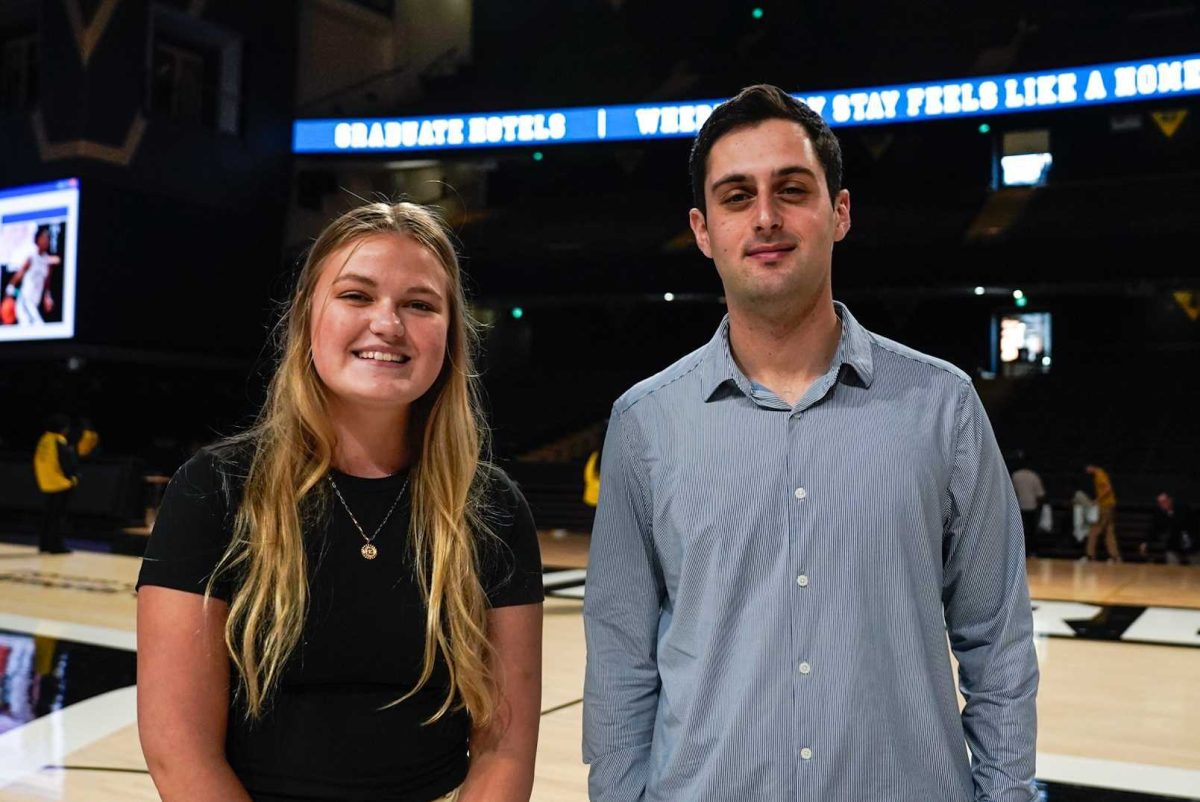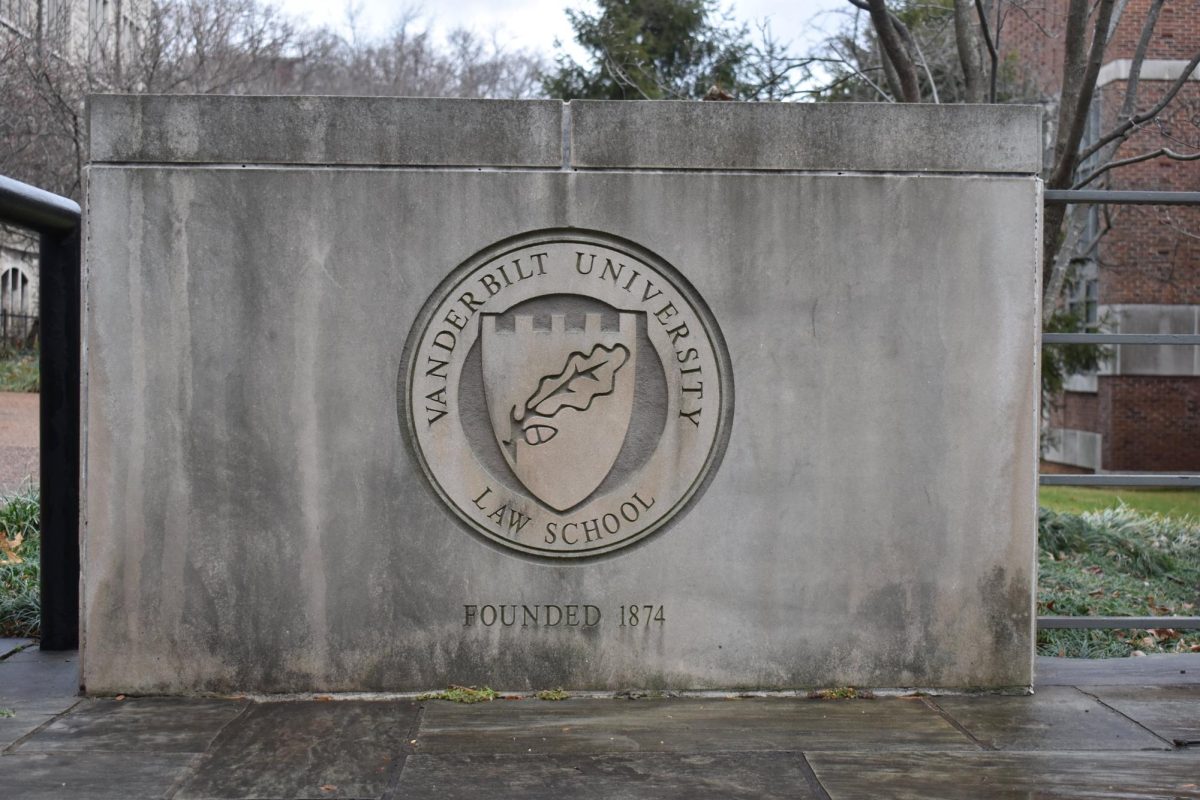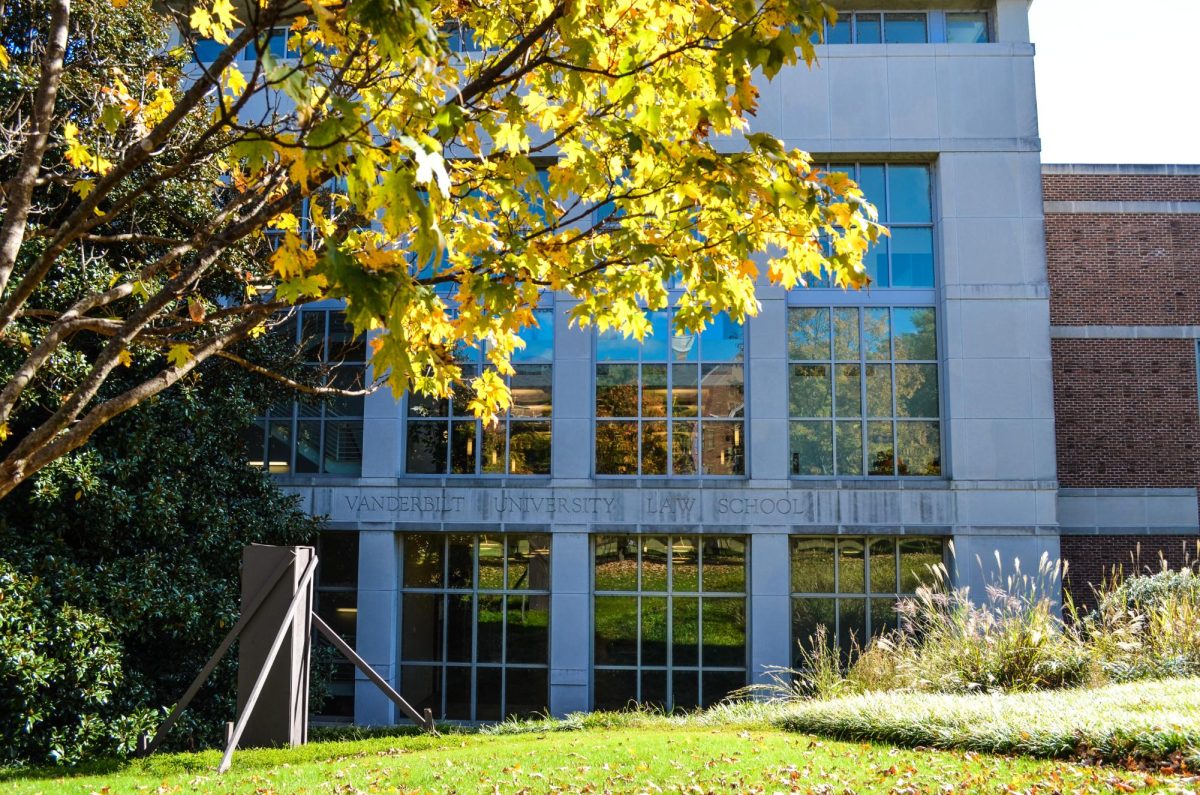As more and more states legalize marijuana for medicinal or recreational purposes, Vanderbilt is one of a small set of universities that have responded to the booming cannabis industry by offering classes to students interested in marijuana-related careers.
According to a March Associated Press article, Vanderbilt Law School joins Ohio State University, Harvard, and the University of Denver in offering courses in marijuana policy and law.
Professor of Law Robert Mikos wrote the first textbook on the subject entitled Marijuana Law, Policy, and Authority (2017). He currently teaches the course “Marijuana Law & Policy,” offered through the Vanderbilt Law School.
“The reforms [in marijuana legalization] have sparked lively debates about the content of marijuana regulations, the wisdom of competing regulatory approaches, and the authority of different government actors to choose among them,” wrote Mikos in the syllabus for his course. “Who may use and supply marijuana under state law? Does legalization increase use of the drug? May the states legalize the drug while Congress forbids it?”
He added that the course will help guide students through the legal and policy issues that lawyers, lawmakers, and judges working on marijuana-related cases must confront, but that it will also offer broader lessons that can applied to the legal field in general.
In an interview with the company that publishes his textbook, Wolters Kluwer Legal Education, Mikos stated that marijuana policy is, more than ever, an important topic for aspiring lawyers to study. He explains that the nearly 20 million regular users of the drug, the thousands of companies licensed to produce and distribute marijuana to customers, other companies that do business with marijuana users and suppliers, and the government officials that have to regulate all of these parties will all require informed legal advice to navigate the complicated field of legalized marijuana.
Mikos added in the interview that he loves to teach classes on marijuana policy because his students are very enthusiastic about the subject, which translates into more exciting and engaged classroom discussions.
The topic of marijuana law has also piqued the interest of Vanderbilt undergraduates.
“The interesting thing about marijuana law is that it’s always changing, and it says a lot about the divergence between federal and state policies,” said second-year Emma Pinto, who plans on attending law school after graduating. “If the class was also touching on racial disparities in sentencing, then yes I’d want to take it.”
Third-year Emma Stapleton, who also plans on attending law school, noted that her awareness of the overcriminalization of marijuana among minority communities would make her want to take such a class.
Mikos noted to The Hustler that he thinks a marijuana policy class would be a great addition to the undergraduate program, both at Vanderbilt and elsewhere.
“Students are clearly interested in the subject, and it provides a nice vehicle for discussing a lot of big issues society is facing like mass incarceration, race relations, the power of the president,” he said.
Vanderbilt’s presence on the short-list of law schools that offer courses on marijuana policy may surprise students who are familiar with Tennessee’s marijuana regulations: it is one of 17 U.S. states in which marijuana is not legalized in any form. Though there is currently a bill moving through the Tennessee Senate that would legalize medical marijuana, Governor Bill Lee has met the bill with resistance.
Despite state lawmakers’ reticence to legalize marijuana, Vanderbilt has forged ahead in preparing law students to practice cannabis-related law. However, it has not begun to offer marijuana-related courses in other fields.
According to the Associated Press article, some universities are offering courses in the agriculture of cannabis. Others offer chemistry courses that prepare students for careers as analysts in cannabis laboratories. David Cliffel, the chair of Vanderbilt’s Chemistry department, did not respond to a request to comment on whether the Chemistry department is planning any similar courses.
The cannabis industry is likely to continue to grow, so it’s likely that we will see more universities expand to offer cannabis-related courses in a variety of academic fields.
“As more states legalize this drug, there’s going to be even more interest in this field,” Mikos said.









